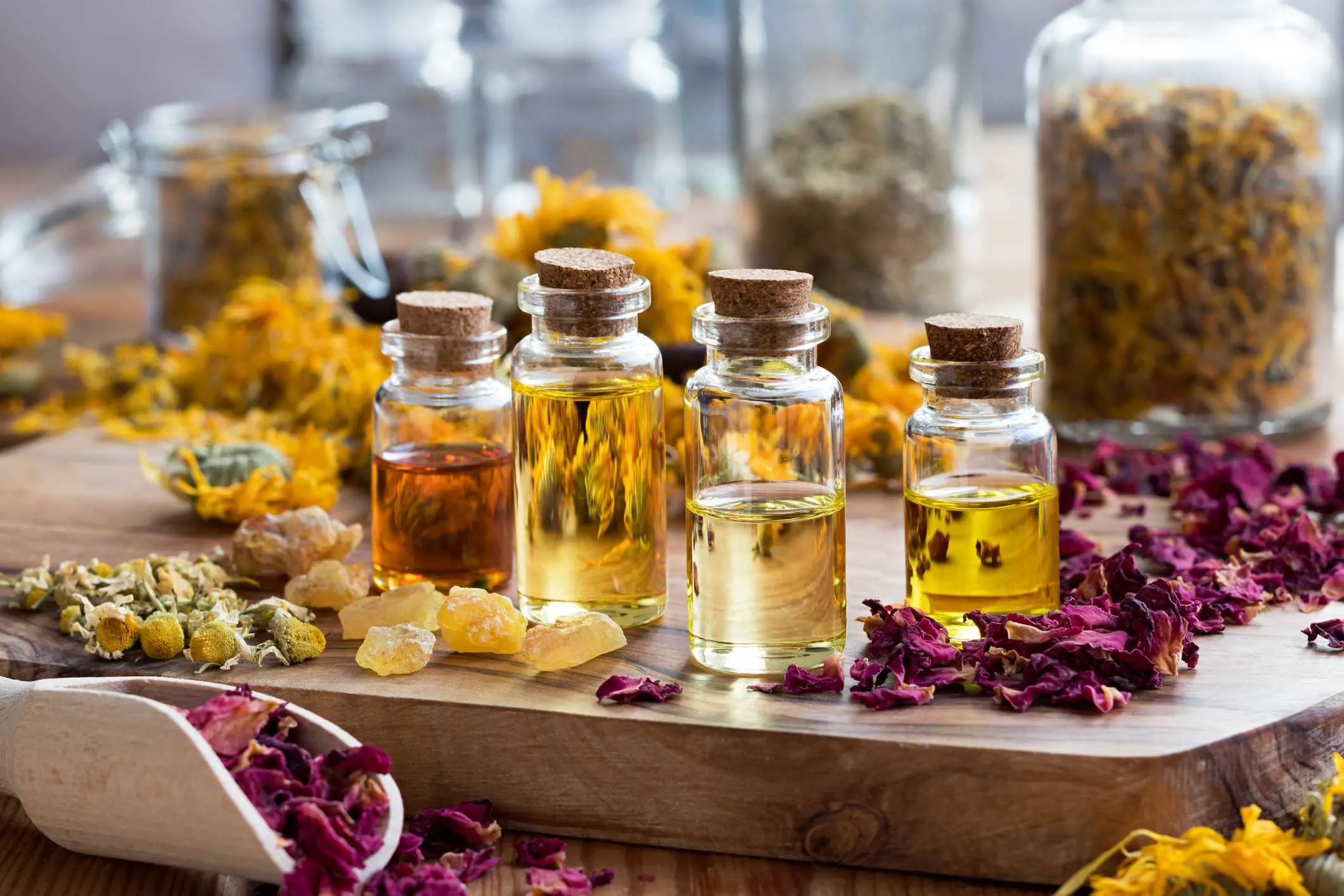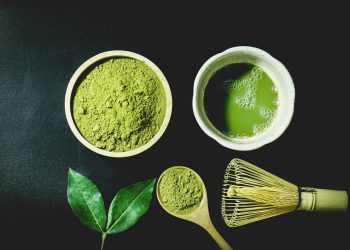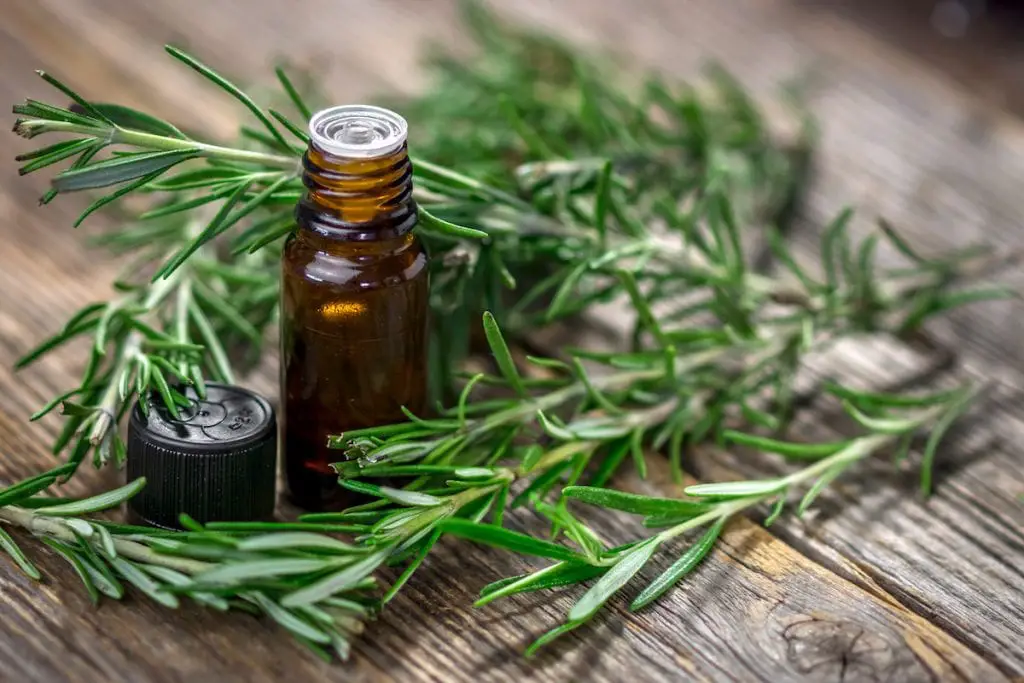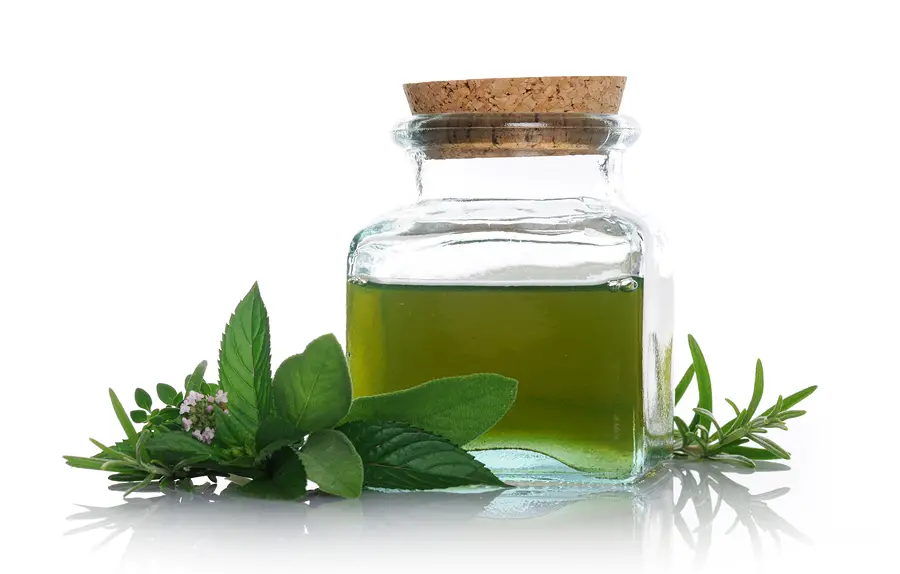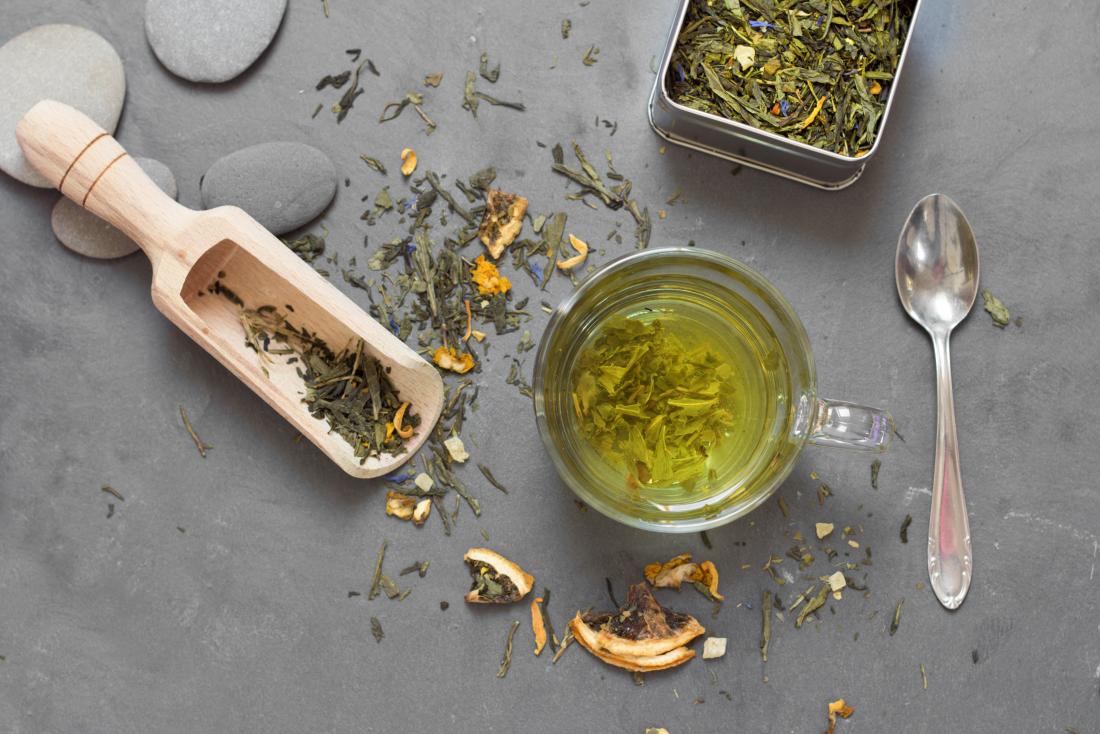The use of essential oils for therapeutic purposes became popular in Western countries such as the United States in the 1980s [1].
But did you know that aromatherapy has been practiced for almost 6,000 years?
Folk healers from ancient China, Greece, Rome, Egypt and India used essential oils to treat a wide range of ailments. There are numerous health benefits of aromatherapy that you can tap into and transform your life. [1]
Aromatherapy refers to the practice of using of oils extracted from plants as remedy for many ailments.
Through a process called steam distillation, oil is obtained from the different parts of the plant, including the roots, leaves, seeds and flowers.
An alternative healing method, aromatherapy primarily involves inhalation of the aroma coming from the essential oils.
However, it’s also possible for the essential oils to be applied on the skin or even consumed orally in a few cases.
This article reviews some evidence based benefits of aromatherapy for health and wellness.
Does Aromatherapy Work – What Research says?
Clinical studies reveal that aromatherapy can stimulate the olfactory receptors inside the nose. This way your nose is activated for a better sense of smell. The odorant receptors sends the to the brain through your nervous system. [2]
The fragrance of essential oils used in aromatherapy may also activate the limbic system and hypothalamus regions. As a result the oils can stimulate feel good hormone serotonin to make you clam, relaxed, and stress-free. [2]
The oils have positive therapeutic effects on the skin, muscles, and joints as well.
13 Proven Benefits of Aromatherapy
1. Aromatherapy as a Natural Treatment for Anxiety and Stress
According to the American Psychological Association, nearly 40 percent of adults attribute overeating and poor nutritional choices to stress [2].
Work and money take the top two spots in the list of the most common sources of stress for adults in the United States [2].
It’s a good thing that stress reduction techniques such as aromatherapy work effectively in preventing stress from taking a toll on people’s health and wellness.
In fact, stress relief is said to be the most popular use for aromatherapy.
Most essential oils contain certain aromatic compounds that are proven effective as “relaxants”, which means that these can alleviate anxiety and soothe the senses.
The best essential oils for reducing stress and anxiety are lavender, bergamot, orange, lemon, chamomile, clary sage, sandalwood and geranium [3].
In a 2009 study published in the Journal of Korean Academy of Nursing, two groups of female adolescents were subjected to stressful conditions [4].
The first group was given essential oils to inhale while the second group was given a placebo [4].
Results show that the stress levels of the group treated with aromatherapy was significantly lower compared to the group given the placebo treatment [4].
Researchers from Hong Kong meanwhile did an extensive analysis of studies that were performed from 1990 to 2010 regarding the clinical effects of essential oils on reduction of anxiety symptoms [5].
It was revealed that most findings were positive, indicating the efficacy of essentials oils in relieving stress and anxiety without causing any harmful side effects [5].
Then there’s another clinical trial performed by a group of Japanese scientists who probed the efficacy of aromatherapy massage in patients suffering from breast cancer [6].
For each session done twice a week, the breast cancer patients were given 30 minutes of aromatherapy massage [6].
Researchers found that the massage successfully lowered stress and anxiety among the cancer patients [6].
Key Takeaway:
Essential oils contain “relaxants” or active compounds that produce relaxation effects, reducing stress and anxiety in different people, including but not limited to adolescents and breast cancer patients.
READ MORE: 12 Essential Oils for Stress Reduction and How to Use Them
2. Aromatherapy Alleviates Pain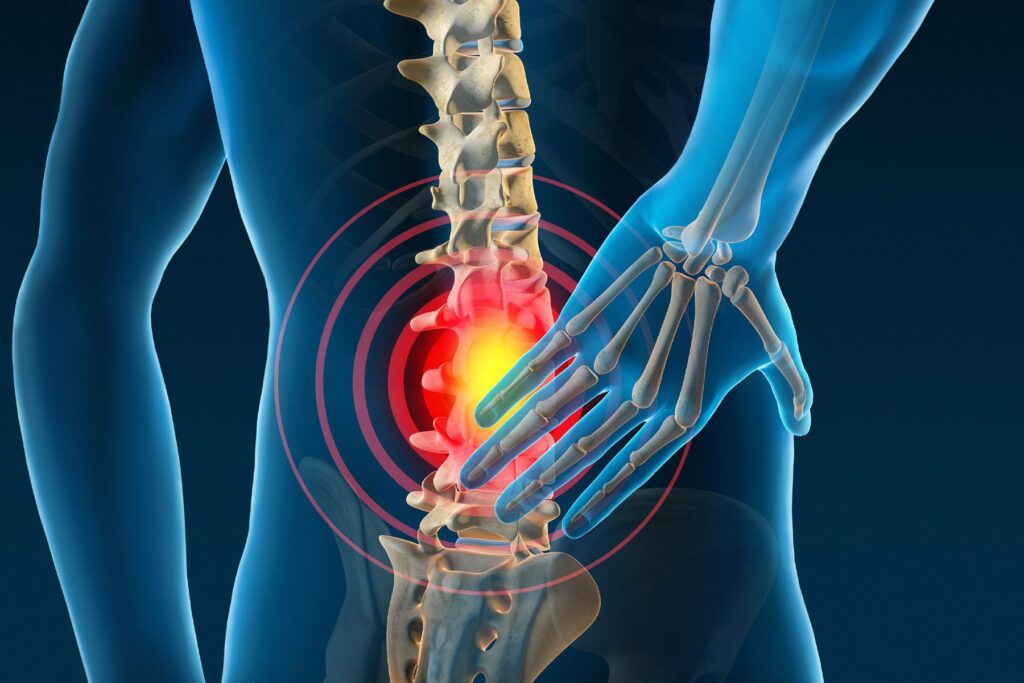
Pain can get in the way of work and other important tasks.
It can be anything from a lingering ache, a sudden prick, a dull tingling or stinging or an intense burn.
It comes in two types: acute pain and chronic pain.
Acute pain goes away after a short while, whereas chronic pain comes back over and over.
Sometimes, it can be a sign of an underlying medical condition.
A natural way to relieve pain is with essential oils that have been proven to have analgesic properties.
A 2014 clinical review states that aromatherapy is indeed an effective way to curb acute pain [7].
If your pain is chronic, essential oils can also help.
A study featured in the Alternative Therapies in Health and Medicine Journal describes aromatherapy as a “complementary therapy for managing chronic pain” [8].
Essential oils have also been found highly effective in relieving post-operative pain, as reported in several studies [9, 10].
The best essential oils for this purpose include lavender, chamomile, rosemary, clary sage, eucalyptus, peppermint and juniper.
Key Takeaway:
Both acute and chronic pains can be relieved with the use of essential oils. Aromatherapy also works for alleviating post-operative pain.
READ MORE: 14 Effective Essential Oils for Muscle Pain That Work
3. Aromatherapy Enhances Memory
Alzheimer’s disease and dementia affect more people than most of us realize.
It’s also no longer just an elderly person’s disease.
Some people as young as 40 years old have been found to succumb to dementia.
Memory loss is the hallmark of these two diseases.
It’s important to boost one’s memory as early as possible, and one way to do this is with aromatherapy.
A total of 28 people with dementia and Alzheimer’s disease participated in a study published in the Psychogeriatrics Journal [11].
For 28 days, aromatherapy was applied on the patients, using the essential oils of lemon and rosemary in the morning, and orange and lavender in the evening [11].
At the end of the trial, it was reported that all the patients demonstrated great improvement not only in memory but in overall cognitive function [11].
It was concluded that aromatherapy was an “efficacious non-pharmacological therapy” for these conditions [11].
4. Aromatherapy Aids in Digestion
Most people are not aware of this:
Aromatherapy can actually aid in the body’s digestive process.
It can help ward off common digestion-related problems like bloating, flatulence, indigestion, and many more.
Ginger, dill, fennel, chamomile, peppermint, lavender and clary sage are the essential oils to turn to when it comes to digestion issues.
Many studies have proven that peppermint oil is a powerful remedy for irritable bowel syndrome (IBS) [13, 14].
In one of these clinical trials, 57 patients suffering from IBS were given either peppermint oil or a placebo for four weeks [14].
Those who received peppermint oil experienced great relief from the following symptoms: abdominal pain, bloating, diarrhea, constipation, pain during defecation, and gas, among others [14].
READ MORE:12 Proven Remedies to Get Rid of Indigestion
5. Aromatherapy May Help Boost Immune Resistance
When the body’s immune system is in top condition, the body is less susceptible to infections and diseases.
However, when stress, insufficient sleep or poor nutrition causes the immune resistance to decline, a person becomes more prone to illness.
Here’s a good way to boost the body’s immune defense:
Make use of essential oils.
Some of those that can be used for this purpose include oregano, lemon, peppermint, frankincense, cinnamon, and eucalyptus.
These work efficiently in stimulating the body’s immunity to guard it from harmful invaders that cause infection.
These claims are not without scientific evidence.
A study that was done in Florida, USA showed that essential oils in stimulating immune response to improve health, particularly among those who suffer from ailments like cancer, asthma, rheumatoid arthritis, stress, mental problems and so on [15].
Key Takeaway:
Essential oils can help strengthen the body’s immune defense to keep ailments and infections at bay.
6. Aromatherapy May Promote Healing and Recovery
Essential oils are said to be “stimulants”, which means that they can promote healing in the body.
Experts say that they work by increasing flow of blood and oxygen to skin injuries such as wounds and burns.
They also facilitate internal healing after a surgery or an illness.
Examples of essential oils that can speed up healing processes are rosehip, calendula, lavender and buckthorn.
According to a study that can be found in the Perspectives in Public Health Journal, one of the primary ways aromatherapy encourages healing is through stress relief and relaxation [10].
A 1994 study shows that a daily 20-minute foot massage with neroli essential oil greatly helped patients who underwent cardiac surgery to recover [11].
Another study meanwhile indicates that essential oils like tea tree oil are highly effective in promoting the healing of wounds and burns [12].
Key Takeaway:
By increasing blood and oxygen flow, and facilitating internal healing, aromatherapy may help promote recovery from illness or injury.
7. Aromatherapy Promotes Better Sleep
Having trouble falling asleep?
Aromatherapy may help.
In a study conducted by a team of researchers from Taiwan, 67 women suffering from insomnia were made to inhale either placebo or lavender oil for 20 minutes twice a week for 12 weeks [16].
It was found that lavender oil inhalation has a strong short-term effect on the participants’ heart rate variability [16].
Simply put, women who inhaled lavender oil experienced “significant improvement in sleep quality” [16].
These results were echoed by a similar study dated 2005, which investigated the efficacy of lavender oil as treatment for mild insomnia [17].
If you’d like to get better sleep, you can make use of the following essential oils: lavender, chamomile, neroli, rose, ylang-ylang, jasmine, sweet marjoram, and sandalwood.
These essential oils are said to have sedative properties, which is why they help in inducing sleep.
Key Takeaway:
People who have trouble falling asleep at night due to insomnia can find relief by using essential oils with sedative properties.
READ MORE: 12 Essential Oils For Better Sleep Everyday
8. Aromatherapy Controls Infections
Microorganisms like viruses and bacteria can cause infection and disease.
Some species of bacteria are not harmful and can exist inside the body, but there are those that can make you ill. Coli, Staphylococcus and Streptococcus are some examples of bacteria that cause harm.
Viruses, on the other hand, cause nothing but disease.
Common cold is the most frequent infection caused by viruses.
Other conditions triggered by viruses include flu, meningitis, pneumonia and diarrhea.
The problem with these microorganisms is that many of them have already grown resistant to medications.
Fortunately, there are essential oils that can help control viral and bacterial infections.
It is well-documented in scientific research that essential oils can help in suppressing the growth and spread of pathogenic microorganisms [18, 19, 20, 21, 22].
Essential oils like tea tree, eucalyptus, lemon, peppermint, pine, lavender, clove, cinnamon, bergamot, oregano and thyme are potent antiviral and antibacterial agents.
9. Aromatherapy Tones Down Inflammation
Contrary to popular belief, inflammation is not entirely bad.
In fact, it is the body’s primary defense against harmful invaders.
When viruses, fungi or bacteria threaten to enter the body, the body triggers the inflammatory response to get rid of the microorganism.
It only becomes a problem when inflammation becomes chronic and persistent, such as in conditions like arthritis.
It’s a good thing this can be alleviated with the use of essential oils such as sweet marjoram, eucalyptus, rosemary, clary sage, juniper, frankincense and wintergreen.
The anti-inflammatory properties of some of these oils have been confirmed in several studies [23, 24, 25, 26].
Most of these trials involved animal subjects and used paw edema tests.
In these studies, it was found that the active compounds in essential oils can effectively reduce inflammation by inhibiting the release of pro-inflammatory mediators [26].
Key Takeaway:
Inflammation is not entirely a harmful process, but if it becomes chronic and persistent, it can cause great pain and discomfort. This can be relieved with the use of essential oils.
READ MORE: Top 13 Essential Oils for Inflammation and How to Use Them
10. Aromatherapy Increases Energy Levels
Do you feel like you could use an energy boost?
When you lack in energy, when you’re feeling weak or tired, or when you feel like you’re not in the mood to get out of bed and be your usual productive self, you can rely on aromatherapy to give you that much needed lift.
These are a good alternative to unhealthy stimulants such as coffee, cigarettes or energy pills.
Tea tree, jasmine, black pepper, cardamom, cinnamon, clove, sage and rosemary are just a few examples of essential oils that can shoot up energy levels by increasing blood circulation and stimulating the mind and body.
In an experiment performed by Japanese and German researchers, 41 participants were asked to inhale either bergamot oil or a placebo [27].
Results indicate that bergamot oil had positive effects on the participants’ mood and energy levels [27].
Key Takeaway:
Lack of energy can be resolved by using essential oils that increase blood circulation and stimulate the mind and body.
11. Aromatherapy Reduces Free Radical Damage
Free radicals refer to atoms with unpaired electrons that are formed after interaction of oxygen with certain types of molecules [28].
These are believed to cause harm inside the body, triggering the onset of certain diseases as well as premature aging.
Fortunately, there’s a natural way to prevent free radical damage inside the body, and it’s through the use of essential oils.
Some of the well-known antioxidant essential oils are black pepper, cardamom, mace, nutmeg, fennel, garlic, cinnamon, thyme, basil, marjoram, laurel and clove.
The antioxidant properties of many of these essential oils have been validated in numerous bodies of research [29, 30, 31, 32, 33, 34].
12. Aromatherapy Benefits the Skin
Essential oils benefit the skin in more ways than one.
Many of these oils help rejuvenate the skin, aiding in skin cell regeneration to make the skin look smoother and younger.
Rich in antioxidants, essential oils can help neutralize free radical damage and ward off signs of aging such as wrinkles, fine lines and age spots [35].
Some oils like clove also possess antibacterial and antifungal properties to prevent and treat infections on the skin such as eczema and ringworm [36].
Lavender oil meanwhile minimizes the skin-damaging effects of stress by soothing the senses and inducing relaxation [37, 38].
For the most common skin problem—acne, tea tree oil is the one of the best natural solutions.
Tea tree oil works by reducing inflammation and controlling the growth and spread of pimple-causing microbes such as Staphylococcus aureus, Staphylococcus epidermidis and Propionibacterium acnes [39, 40, 41].
13. Aromatherapy Benefits for Hair Health
Apart from the skin, essential oils can also be used to promote hair growth and hair health.
Certain essential oils like jujube oil have been found to be effective in encouraging growth of hair and prevent hair loss [42].
Meanwhile, common hair problems like dandruff can be resolved with the use of 5 percent tea tree oil, as reported in a 2002 study [43].
Application of essential oils on the scalp and hair strands are believed to have nourishing effects, stimulating the hair shaft, preventing split ends, and keeping the hair strands and scalp properly moisturized, among others.
Is Aromatherapy Safe
Aromatherapy is generally considered safe. However, you may be allergic to some of the essential oils used in aromatherapy. Exposure to these oils may cause mild symptoms of allergy, irritations, itchy eyes, burning sensation inside the nose, etc.
Before going for an aromatherapy always consult a doctor or an aromatherapist. He/she may guide or recommend you the best practices.
Never ingest essential oils by mouth. Doing so may lead to serious medical complications such as liver or kidney damage.
Bottom Line
Aromatherapy has innumerable benefits of for the health, skin and hair. It’s no wonder many people are turning to aromatherapy in the recent time.
Before you make use of essential oils, make sure that you know the proper procedure for preparation and application so you can maximize their benefits.
READ NEXT: 7 Essential Oils for Chakra Balancing That You Must Try
